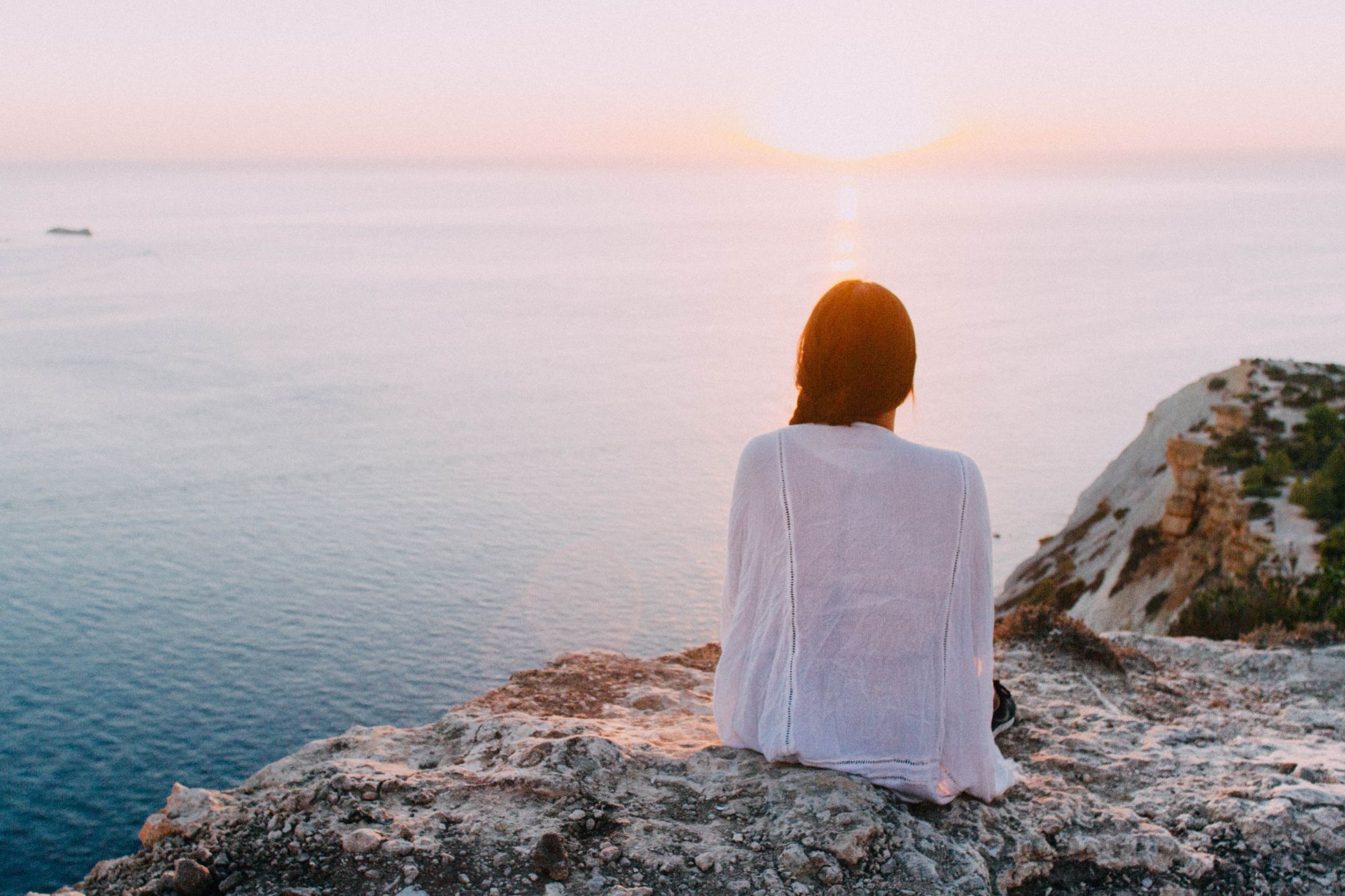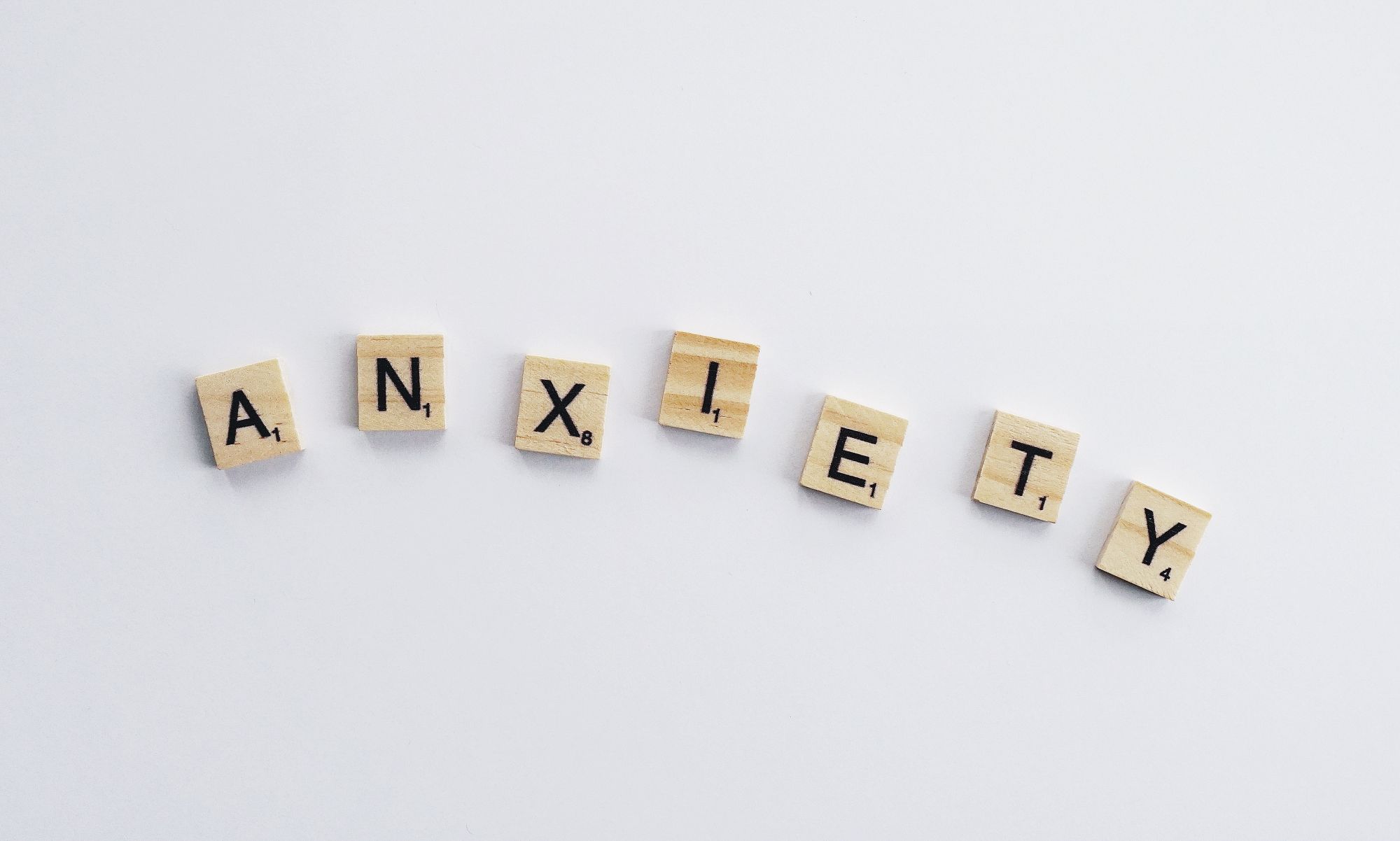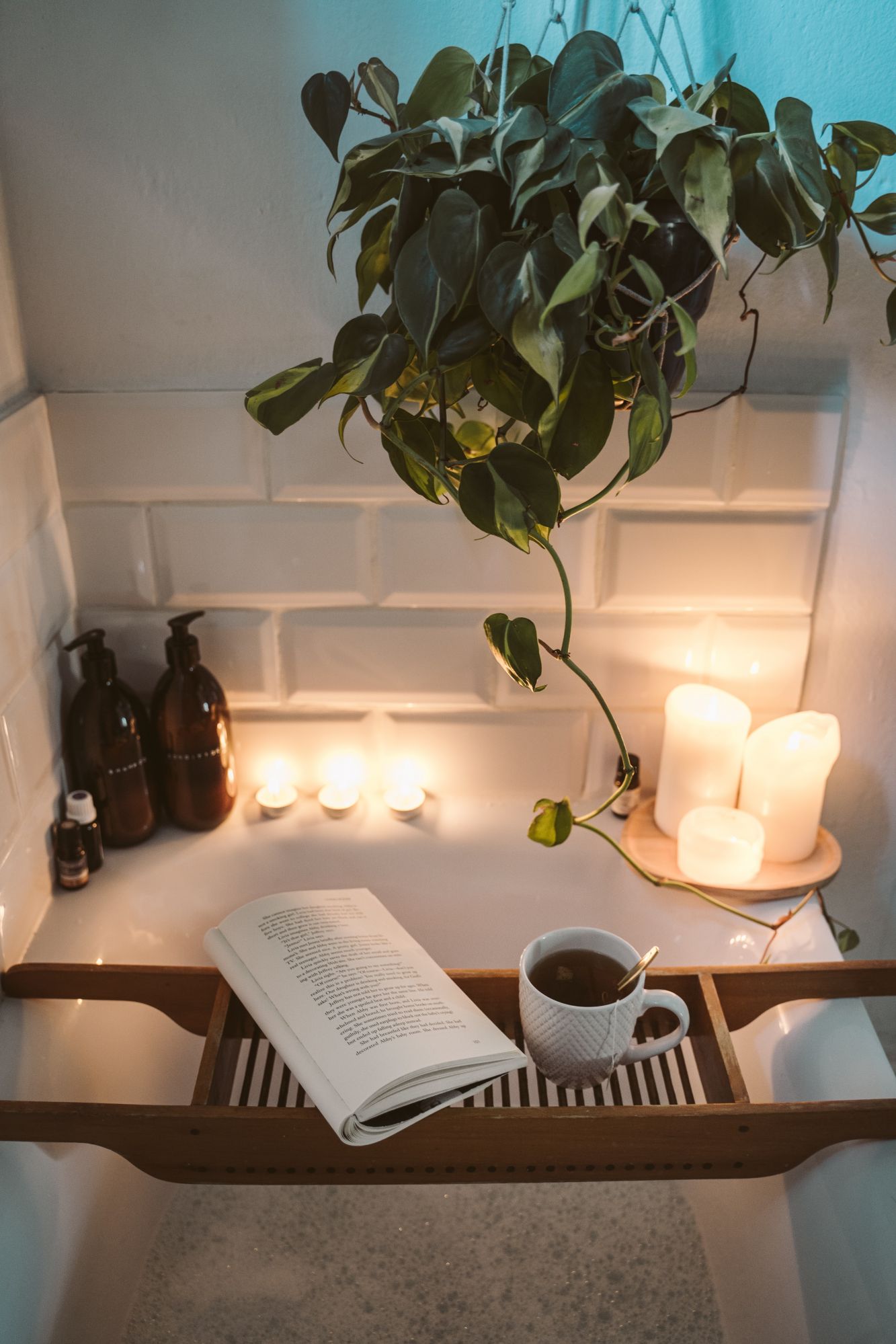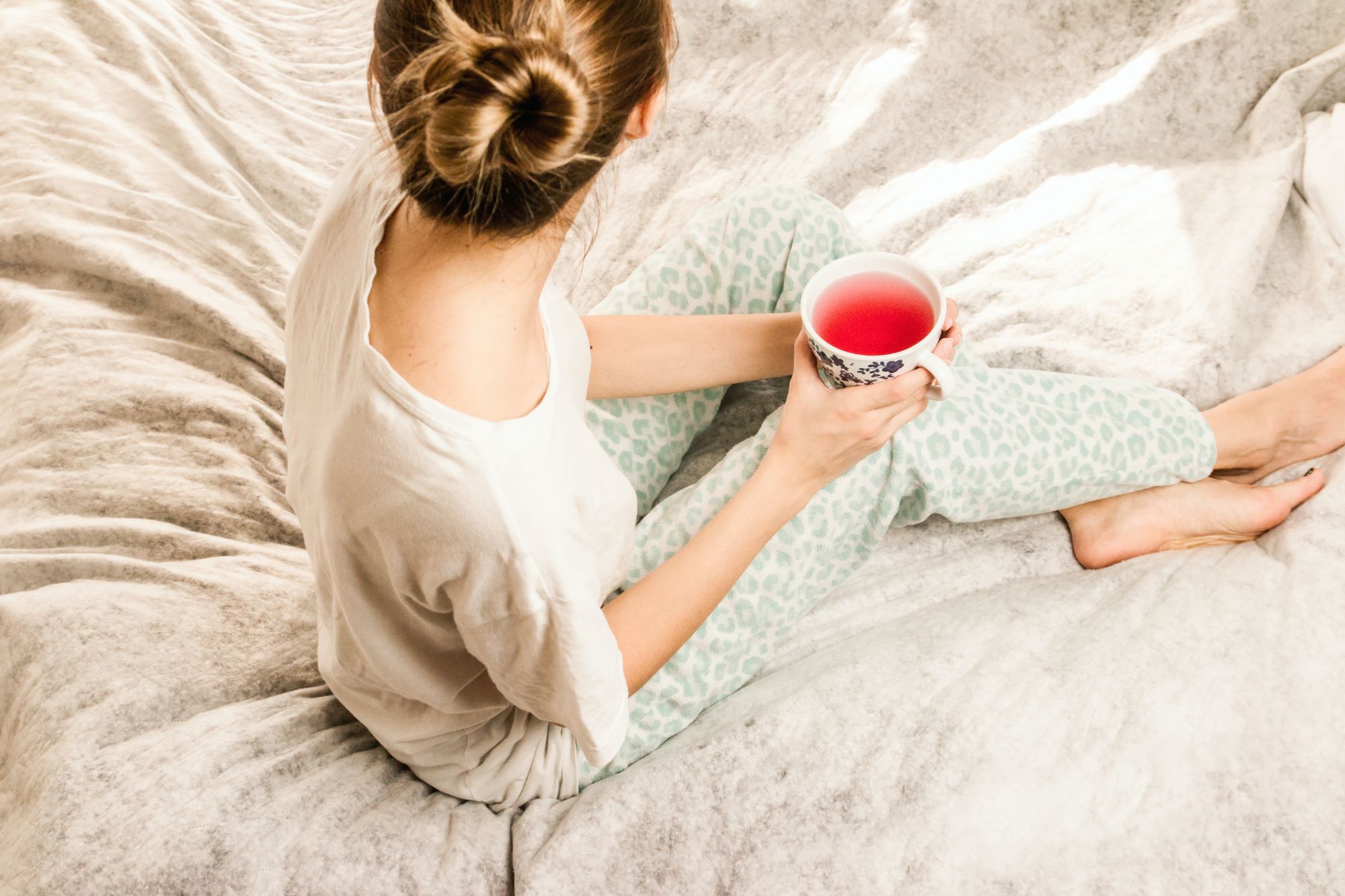As more cases of anxiety and depression surface due to the coronavirus, we speak to experts in the industry for advice on self-care
More often than not, we are preoccupied with things like work, maintaining our friendships and other relationships, and checking in with our families. And as much as we enjoy taking care of others, it’s also important to check-in with yourself. Making time for you is key to your physical and mental health.
With the Covid-19 pandemic still in motion and the number of infected cases fluctuating drastically day by day, many of us remain in lockdown and living under quarantine rules.
Tatler Hong Kong speaks to holistic e-commerce platform OMSA’s co-founder Valerie Ho and Odile Thiang from Mind HK on the art of self-care.




